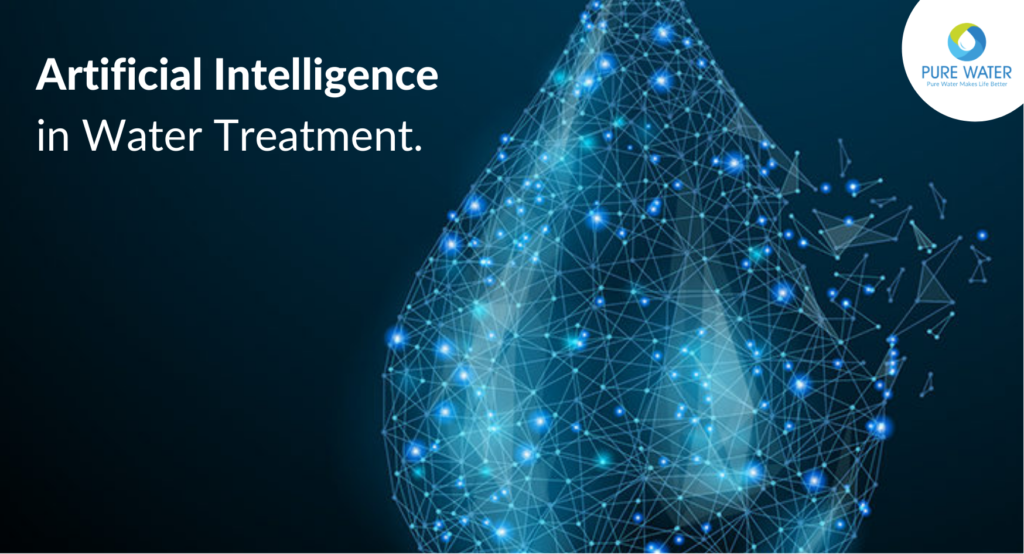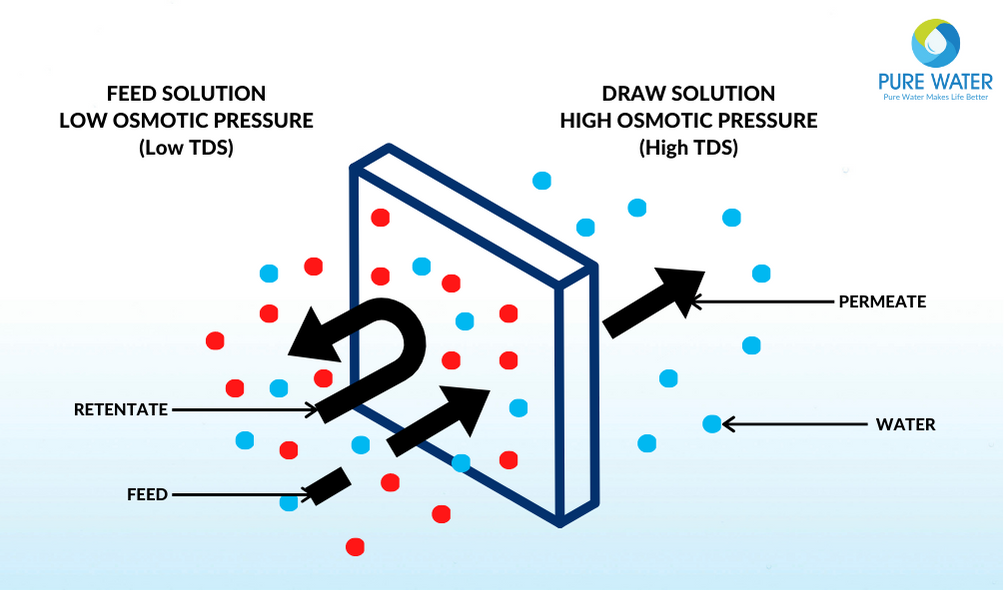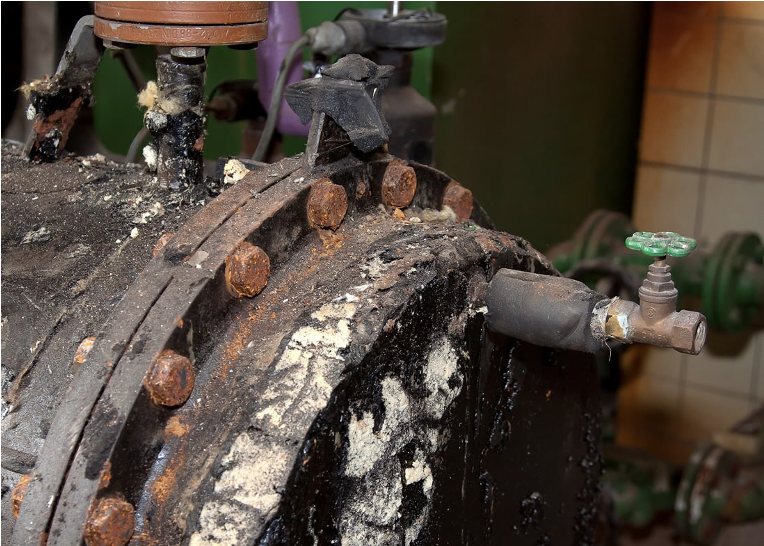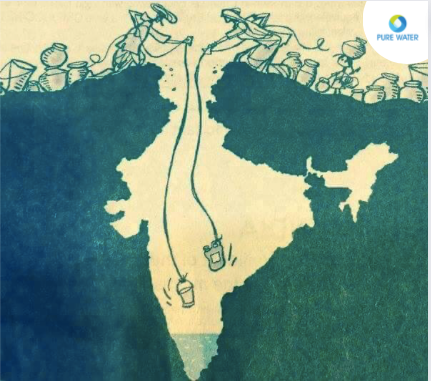
Artificial Intelligence in water treatment
Artificial intelligence is disrupting industries with its wide range of capabilities including augmenting human intelligence and processing a quagmire of data. The water & wastewater treatment industry is no stranger to this trend.
Artificial intelligence (AI) is making its mark on the water industry in more ways than one. It is powering intelligent operations using machine learning to optimize resource use and operational budgets for organizations. It is also delivering truly intelligent predictions and recommendations to prevent unmitigated outcomes in plants and systems.
Have a look at some of the ways in which AI is touted to revolutionise the industry:
- Significant OPEX savings – AI can save 20-30% on operational expenditures (OPEX) by reducing energy costs, optimizing chemical use for treatment, and enabling proactive asset maintenance.
- Predicting emergencies – Downtimes in water treatment plants are a costly and a time-consuming affair. AI and machine learning can “fingerprint” the data patterns that indicate a break event and provide intelligent recommendations to prevent the same.
- Water conservation – AI and machine learning can identify leaks and pipe bursts in residential apartments leading to more efficient systems. Smart meters deployed in South Korea have brought down the leakage and the costs by 20%.
- Support to plant operators – Whether it’s turning pumps on or off, determining chemical dosages, or deciding when to maintain assets, AI empowers plant operators by intelligent recommendations driven by machine learning.
- Optimization of energy – Energy consumption makes up approximately 25-30% of total operation and maintenance (O&M) costs. AI can optimize pump runtimes and other parameters so that they are only using energy when they need to, leading to significant savings.
- Better management of data – An explosion of available data for water operations managers has brought along a challenge of data management. SCADA systems, PLC, and log-books hold a wealth of which can hold a lot of critical data. AI will help to centralise all this data to one location and crunch in order to get useful, secure and highly critical recommendations.
Adapting to changing times and adopting new technologies to stay ahead of the curve is key to the success of any company. The water and wastewater treatment industry is headed into an interesting direction, and capitalising on this opportunity is of paramount importance.
If you are interested in knowing more about AI in water treatment, and our offerings for the same, please fill this form and we will get back to you at the earliest!






About The Author: Pure Water
More posts by Pure Water